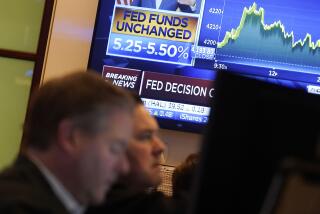Cold winter puts a chill on China’s economy
BEIJING — China’s coldest winter in nearly three decades sent vegetable prices soaring and drove inflation to a seven-month high in December.
Consumer prices rose 2.5% from December a year earlier, China’s National Bureau of Statistics said Friday, up from 2% year-over-year growth in November.
A key reason for concern is that rising inflation could restrict China’s ability to stimulate growth if its tepid recovery loses momentum.
Higher food prices also worry the Chinese government because discontent rises when poorer people have to pay a bigger share of their income on food. Chinese households spend more than 20% of their earnings on food, or more than three times as much as U.S. households spend, according to the American Enterprise Institute.
Still, economists noted, inflation was modest and would remain manageable for the remainder of the year.
“In all, we are still not particularly concerned about high inflation in 2013,” Louis Kuijs, an economist for the Royal Bank of Scotland, said in a research note Friday.
China has been battered by a deep chill in recent weeks that has killed livestock and ruined crops. Vegetable prices last month rose 17.5% from November, accounting for more than half of the overall increase in consumer prices last month.
“Many places saw their temperatures drop to historical lows,” Yu Qiumei, a senior analyst for the statistics bureau, said. “Frequent snow in the north and rainy and gloomy weather in the south impacted the production, transportation and sales of vegetables.”
Analysts said prices for food probably will continue to rise as demand soars during the Chinese New Year national holiday next month, then will level off.
More to Read
Inside the business of entertainment
The Wide Shot brings you news, analysis and insights on everything from streaming wars to production — and what it all means for the future.
You may occasionally receive promotional content from the Los Angeles Times.











